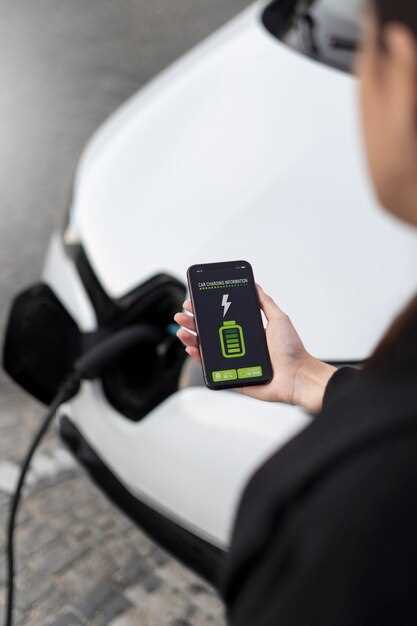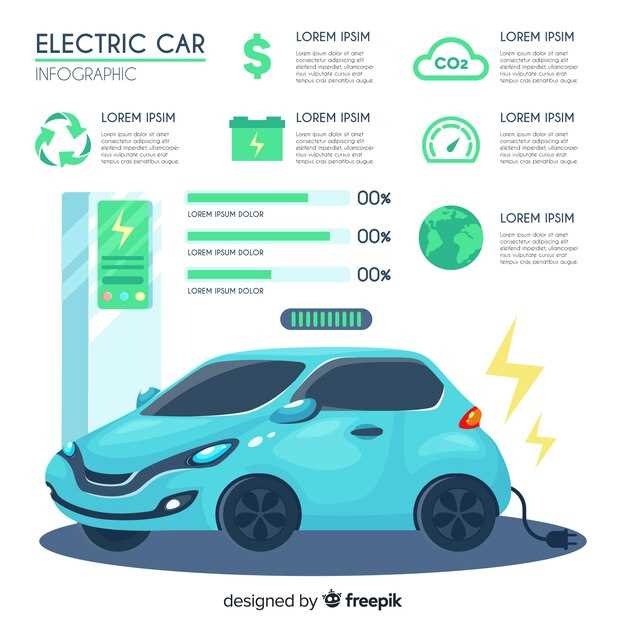
As electric vehicles (EVs) gain popularity, consumers are increasingly focused on the performance and longevity of the battery systems that power them. Among the leading manufacturers, BMW has established a comprehensive approach to their warranty offerings, particularly for their EV models. Understanding the intricacies of these warranties is essential for potential owners to ensure they make informed decisions.
The battery warranty is a critical component of any electric vehicle, as it directly impacts both the vehicle’s performance and the owner’s financial investment. BMW’s warranty policies are designed not just to protect consumers, but also to bolster the brand’s reputation for reliability. This article delves into the specifics of BMW’s EV warranty, examining the coverage period, mileage limits, and what constitutes a valid claim.
Additionally, we will explore the evolution of battery technology within BMW’s lineup and how advancements influence warranty terms. By understanding these details, prospective buyers can better appreciate the value and security that comes with owning a BMW electric vehicle, ultimately reinforcing their confidence in making the switch to sustainable mobility.
Length and Coverage of BMW EV Battery Warranty

BMW offers a comprehensive warranty for its electric vehicle (EV) batteries, designed to provide peace of mind to owners. The standard warranty duration is eight years or 100,000 miles, whichever comes first. This coverage applies to defects in materials and workmanship, ensuring that the battery performs efficiently during this period.
Additionally, the warranty includes provisions for battery capacity. BMW guarantees that the battery will retain at least 70% of its original capacity within the warranty timeframe. This means that if the capacity drops below this threshold, BMW will cover repairs or replacement costs.
The warranty also encompasses all high-voltage components associated with the EV battery, including connectors and modules. Owners can rest assured knowing that they are protected against unexpected issues that may arise during regular use.
It is important to note that the warranty may have specific exclusions, including damage due to misuse, accidents, or improper maintenance. Therefore, adhering to BMW’s recommended guidelines for care and maintenance is crucial for maintaining warranty validity.
In summary, BMW’s EV battery warranty offers robust coverage and duration, reflecting the brand’s commitment to the reliability and longevity of its electric vehicles.
What to Do If Your BMW EV Battery Fails
Experiencing a battery failure in your BMW electric vehicle (EV) can be a significant inconvenience. However, understanding the steps to take can help you navigate the situation effectively.
-
Confirm the Battery Issue: Before taking any action, ensure that the battery is indeed the problem. Signs of battery failure may include:
- Warning lights on the dashboard.
- Inability to charge the vehicle.
- Significantly reduced driving range.
-
Consult Your Owner’s Manual: Check the manual for troubleshooting tips specific to your model. This can help determine if the issue is minor and how to rectify it.
-
Contact BMW Roadside Assistance: If the vehicle is not operational, reach out to BMW Roadside Assistance. They can help with towing the vehicle to an authorized service center.
-
Schedule a Battery Check: Arrange an appointment with an authorized BMW service center to have the battery inspected. Technicians can perform diagnostics to confirm the cause of failure.
-
Check Warranty Status: If your EV is under warranty, assess whether the battery failure falls within the warranty coverage. Key aspects to review include:
- Warranty duration.
- Battery capacity thresholds.
- Any specific terms regarding battery replacement.
-
Prepare Documentation: Gather any relevant documents such as:
- Proof of purchase.
- Warranty information.
- Records of maintenance or previous issues.
-
Discuss Replacement Options: If the battery is confirmed to be faulty and covered under warranty, discuss the options available for replacement with the service advisor. Inquire about timelines and any costs that may not be covered by warranty.
-
Stay Informed: After battery replacement, keep abreast of your EV’s performance. Regularly check the battery health through the vehicle’s onboard diagnostics or service checkups.
Taking these steps can ensure a smoother resolution in the unfortunate event of a BMW EV battery failure.
Key Exclusions and Limitations in BMW EV Battery Warranty

The BMW EV battery warranty provides coverage for a variety of issues, but it is essential to be aware of the exclusions and limitations that may affect the policy. Understanding these factors can help owners make informed decisions regarding maintenance and repairs.
One significant exclusion is damage resulting from improper maintenance. If an owner fails to follow recommended maintenance schedules or service guidelines, any battery-related issues may not be covered. For instance, neglecting to update software or using unauthorized charging equipment can void the warranty.
Another limitation concerns wear and tear. While batteries are designed to last for many miles, gradual capacity loss due to regular use is often not covered. BMW warranties typically account for a minimum capacity threshold, and if the battery performance falls within normal operational limits, replacement may not be provided.
Additionally, modifications to the vehicle can lead to warranty voidance. Installing aftermarket parts or making unauthorized modifications to the EV can result in the battery warranty being nullified. Owners should refrain from alterations that could compromise the vehicle’s original specifications.
Environmental factors also play a role. Extreme temperatures, both hot and cold, can affect battery performance, and some warranties may specify that battery degradation due to environmental conditions is not covered. It’s crucial for owners to understand the impact of climate on their EV’s battery life.
Finally, accidents or physical damage are significant exclusions in the warranty policy. If the battery is damaged due to a collision or other external factors, the warranty may not cover repairs or replacements. Owners must ensure that their vehicles are protected from potential accidents to maintain battery warranty coverage.
In conclusion, while the BMW EV battery warranty offers substantial protection, understanding the key exclusions and limitations will allow owners to take proactive measures in maintaining their battery health and ensuring continued coverage.
